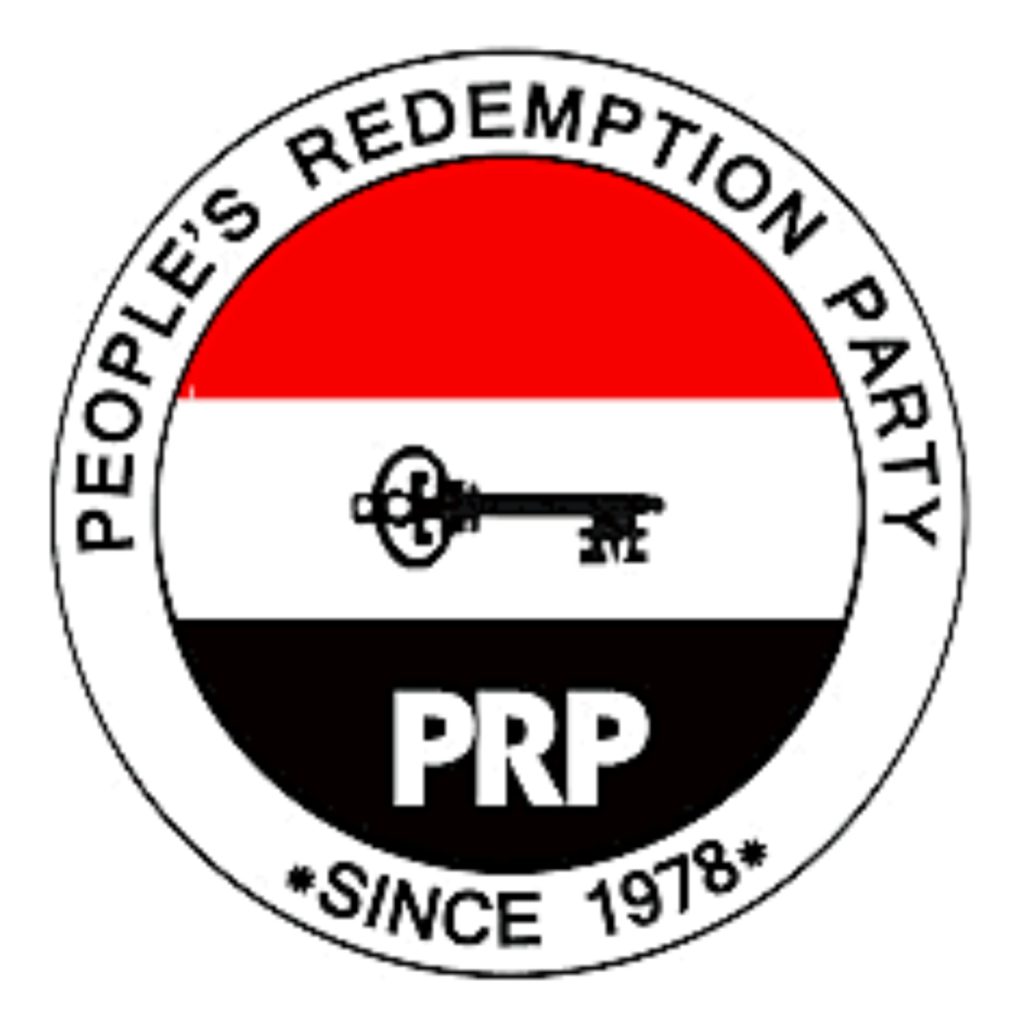The Hidden Danger in Your Food: Experts Warn of Excessive Sodium Intake in Nigeria
A alarming trend is emerging in Nigeria, where excessive sodium intake is becoming a leading risk factor for hypertension and heart disease, resulting in a surge in stroke cases and complicating other non-communicable diseases. Medical experts and health advocates are sounding the alarm, warning that the lack of clear and truthful nutritional information about sodium is putting consumers at risk.
At a recent media roundtable in Abuja, experts emphasized the need for accelerated policies on clear front-of-pack warning labels to help consumers make informed dietary choices. Dr. Joseph Ekiyor, an emergency room physician and health researcher, explained that high sodium levels in the blood can spike pressure and aggravate cardiovascular diseases. However, he clarified that the goal is not to completely eliminate salt from diets, but to adopt a more restrained approach to intake.
The World Health Organization (WHO) estimates that reducing sodium intake by at least 30% could save around 1.6 million lives globally each year. Dr. Ekiyor highlighted that processed and store-bought foods, including bread and beverages, often contain hidden sodium, and even beer contains sodium additives like sodium benzoate. "People need to know this," he insisted.
Food scientist John Tehinse emphasized the need for policy intervention, stating that the solution starts with policy backed by political will. He noted that manufacturers must operate within safe limits and provide front-of-pack warning labels to inform consumers about the nutrient content of food products. The national target is to reduce salt in processed foods by 15% by 2026 and 30% by 2030.
The Nigerian food environment is flooded with invisible risks, warned Dr. Emmanuel Sokpo, Country Director of the Network for Health Equity and Development (NHED). He emphasized that the media must play a crucial role in spotlighting these issues and pushing for solutions to protect the health of Nigerians. Joy Amafah, country coordinator for the Global Health Advocacy Incubator, echoed this sentiment, highlighting the need for policy intervention to address gaps in nutrition profile modeling, front-of-pack warning labels, and sodium reduction strategies.
As Nigeria continues to grapple with the challenges of modernization and the shift towards ultra-processed products, it is imperative that consumers are equipped with the knowledge to make informed dietary choices. The media has a critical role to play in exposing the hidden dangers of excessive sodium intake and advocating for policies that prioritize public health. By working together, we can create a healthier food environment and reduce the burden of non-communicable diseases in Nigeria.



